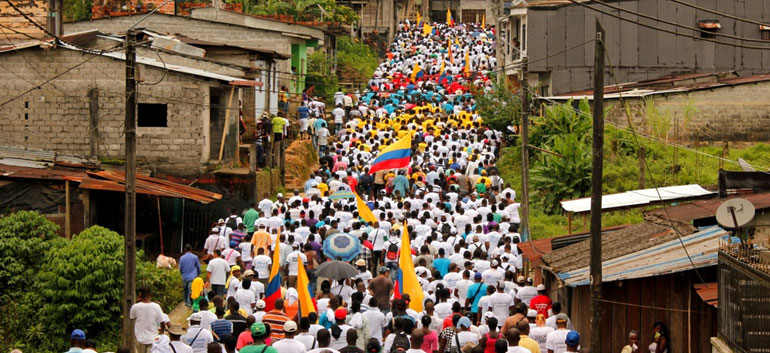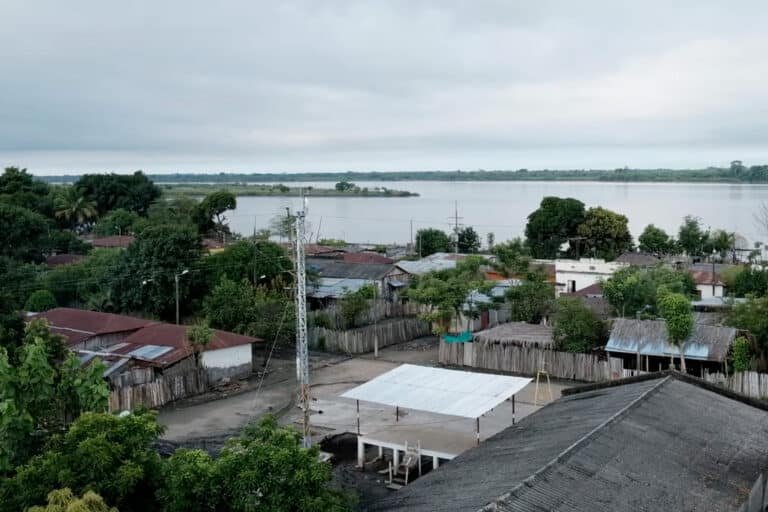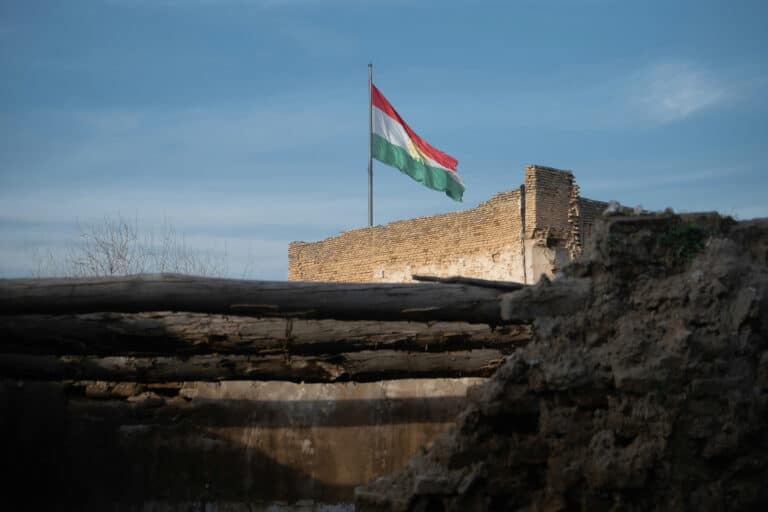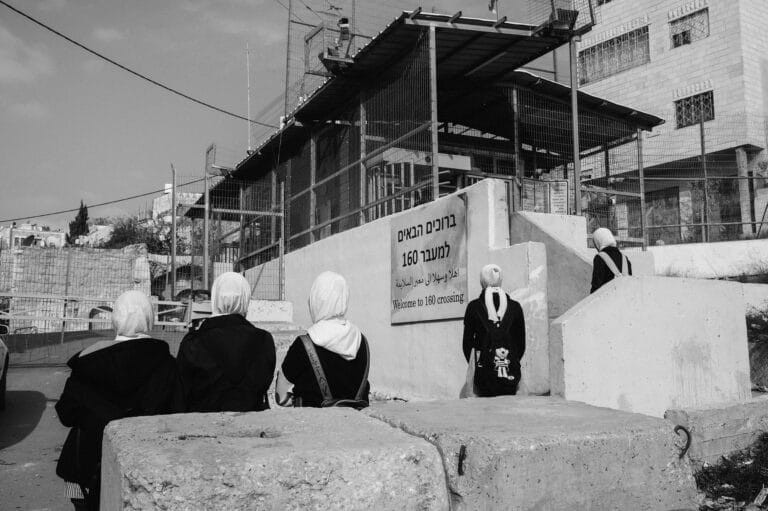CPTnet
26 August 2013
COLOMBIA ANALYSIS: A short primer on
the national strike
[Note: the following has been edited
for length. The original is
available here]
 |
|
| Protests in Sincelejo (Photo: Marcha Patriotica) |
Beginning on Monday, 19 August, broad
sectors of Colombian society rose up in a national strike. The strike, which is now taking place in
cities and rural areas across the country,
includes coffee growers’ unions, truck drivers, small-scale miners, students,
teachers, health workers, farmers, and fishermen. CPT has had a presence at the strikes and roadblocks taking
place in Segovia and Remedios, in northeastern Antioquia. What follows is a short primer on why Colombians are striking, the
historical context of these
demonstrations, and what the demonstrators have demanded from the State.
Colombia is a country deeply divided by
economic inequality. Almost half
of all rural Colombians live in extreme poverty, defined
as subsisting on less than $1.00 a day. Colombia is also home to five million internally displaced people, a
number on par globally only with the Sudan. That adds up to one in ten Colombians, displaced within the
last twelve years to refugee camps, shantytowns, and temporary shelters. Women, Afro-descendants, and indigenous
peoples are more likely than others to be displaced.
But Colombia is also a nation of great
wealth and a growing GDP. Unfortunately,
the poor have not seen the benefits of that growth. The country has the second greatest income inequality in the Western Hemisphere, following
close on the heels of Haiti, and ranks eighth in the world for income inequality. In the rural areas, this inequality
manifests itself most obscenely in rates of land ownership: 0.4% of landowners
own 61% of rural land, and that concentration
is increasing even further with the skyrocketing foreign investment that
Colombia has seen in the last fifteen years.
The recent spate of Free Trade Agreements
has only worsened the situation. Oxfam and others estimated that the U.S.-Colombia
Free Trade Agreement, which went into effect in 2012, would mean that small
farmers in rural areas could lose up to 70% of their income. The rate of displacement has already increased since the
Free Trade Agreement went into effect.
Profits of Gold Mining
Foreign investment by extractive
industries in Colombia has skyrocketed over the past fifteen years, due in part
to a much-touted reduction in guerrilla activity, which makes mining less risky
for multinational corporations. Owing
to those changes, and responding
to
a
hike
in
gold
prices
during
the
global
financial
crisis, gold
production
in
the
country
has
tripled
since
2006.
The
government’s
spending
on
infrastructure
development
is
highly
concentrated
in
areas
under
exploration
by
multinational mining interests, and
up
to
a
reported
forty
percent
of
the
nation’s
rural
land
is
now
open
for
multinationals
to
apply
for
mining concessions (See Pierre Shantz’s
reflection here,
which discusses gold profits in Segovia, Antioquia.)
Moreover, these economic realities take
place within the context of an armed conflict, which, contrary to the national
narrative, has not ended. Rural
residents, in particular, continue to be affected by the violence of legal and
illegal armed groups. Indeed,
organizers note that murders of and attacks on social movement leaders,
blockages of aid and shootings and bombings by the armed forces are often the
only evidence of state presence in rural areas.
Social Movement
Demands
In sum, while Foreign Direct Investment
(FDI) continues to rise in Colombia, especially in the gold mining sector,
local communities—many of whom have been making their living mining small
amounts of gold by hand for centuries—have seen none of the benefits of that investment. They have instead have suffered further
violence, displacement, and impoverishment as foreign multinationals and local
elites line their increasingly heavy pockets. The Santos administration has refused to discuss foreign investment or the
free trade economic model during its current negotiations with the FARC-EP. In response, organizers of the National Strike yesterday
released a list of six specific demands of the government. These include
- Measures
to confront production crises in agricultural and fishing sectors - Access
to property ownership and land titles - Recognition
of peasant land reserves. - The effective participation of local
communities and small-scale and traditional miners in the development of
federal mining policy. - The adoption of measures on the part
of the State that would guarantee the exercise of the rural population’s
political rights - Social investment in education,
health, housing, public services and roadways
To continue to follow unfolding developments in the National Strike, check out our Storify page, where we will continue to post the latest news.
For more information on mining issues in Colombia, check out this report by Peace Brigades International, and this report by the U.S. Office on Colombia.



